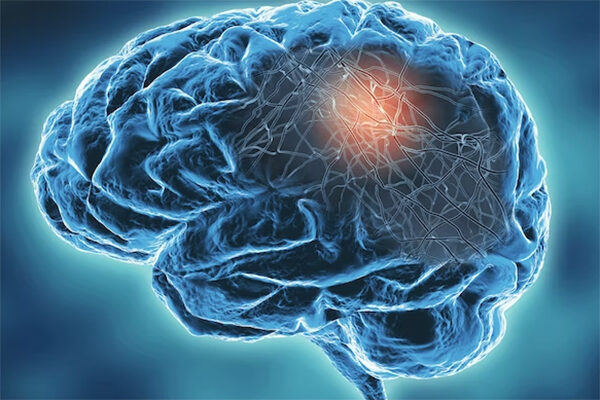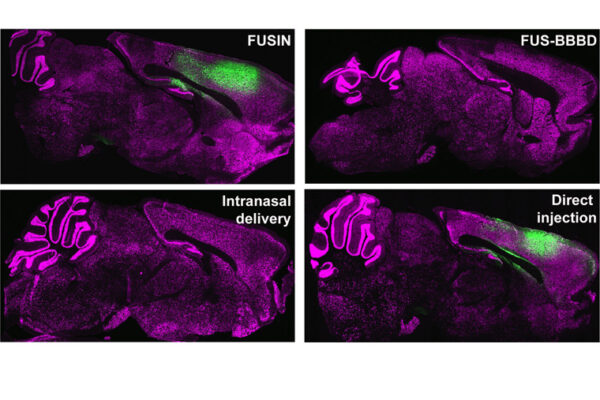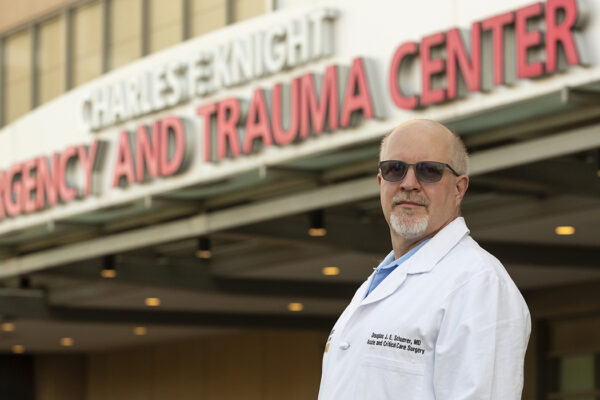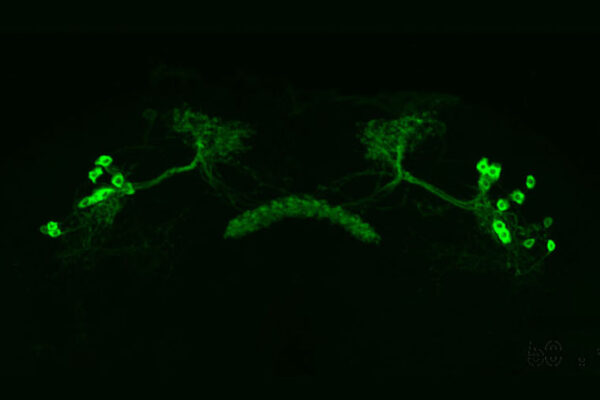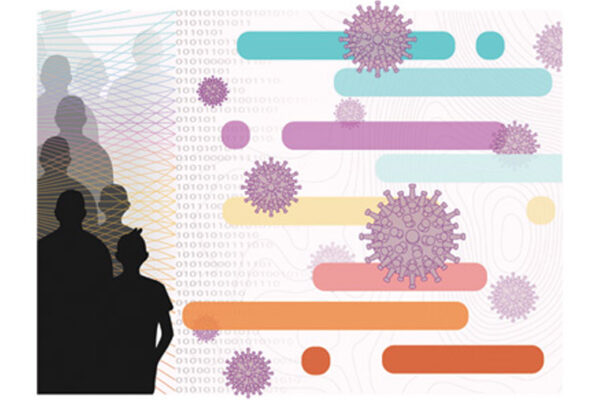Multi-scale imaging technique may enable objective assessment of myofascial pain
Faculty members Song Hu and Yong Wang are teaming up to find quantitative biomarkers for clinical pain management.
Biomarkers for Parkinson’s disease sought through imaging
Abhinav Jha and a group of interdisciplinary collaborators have developed a method to measure dopamine transporter, a protein related to movement and Parkinson’s disease.
Cruchaga awarded Zenith Fellowship Award
Carlos Cruchaga, at the School of Medicine, has received a 2022 Zenith Fellow Award from the Alzheimer’s Association. The annual award is given to scientists who have made significant contributions to Alzheimer’s disease research and are likely to continue to do so.
A sound approach for effective gene therapy delivery to brain
Hong Chen’s lab at the McKelvey School of Engineering has developed a noninvasive focused ultrasound intranasal delivery method to help treat central nervous system diseases and tumors.
Adeoye, Guilak, Gutmann, Kipnis elected to National Academy of Medicine
Washington University School of Medicine faculty members Opeolu M. Adeoye, MD, Farshid Guilak, PhD, David H. Gutmann, MD, PhD, and Jonathan Kipnis, PhD, have been elected to the National Academy of Medicine, a part of the National Academy of Sciences. Membership is considered one of the highest honors in the health and medicine fields.
Supporting victims of trauma, disrupting the cycle of violence
The Life Outside of Violence program takes an individualized approach to solving one of the biggest problems of our time.
COVID messaging: caring or condescending?
Research from the lab of Brian Carpenter, in Arts & Sciences, suggests older adults understood that sometimes-unflattering COVID-19 messaging came from a place of caring and compassion.
How do tired animals stay awake?
New School of Medicine research provides clues to falling fast asleep — or lying wide awake. Studying fruit flies, the researchers found that brain neurons adapt to help the flies stay awake despite tiredness in dangerous situations and help them fall asleep after an intense day.
NIH grant supports Jha’s work on ethics of AI in imaging
A $314,807 grant from the National Institutes of Health (NIH) will support Abhinav Jha’s interdisciplinary work looking at the ethics of artificial intelligence implementation in the medical sphere.
Before test results, signs of COVID-19 are in water systems
Research from the lab of Fangqiong Ling at the McKelvey School of Engineering finds SARS-CoV-2 material in wastewater reflects illnesses in communities. It also helps establish guidance for future studies.
Older Stories

